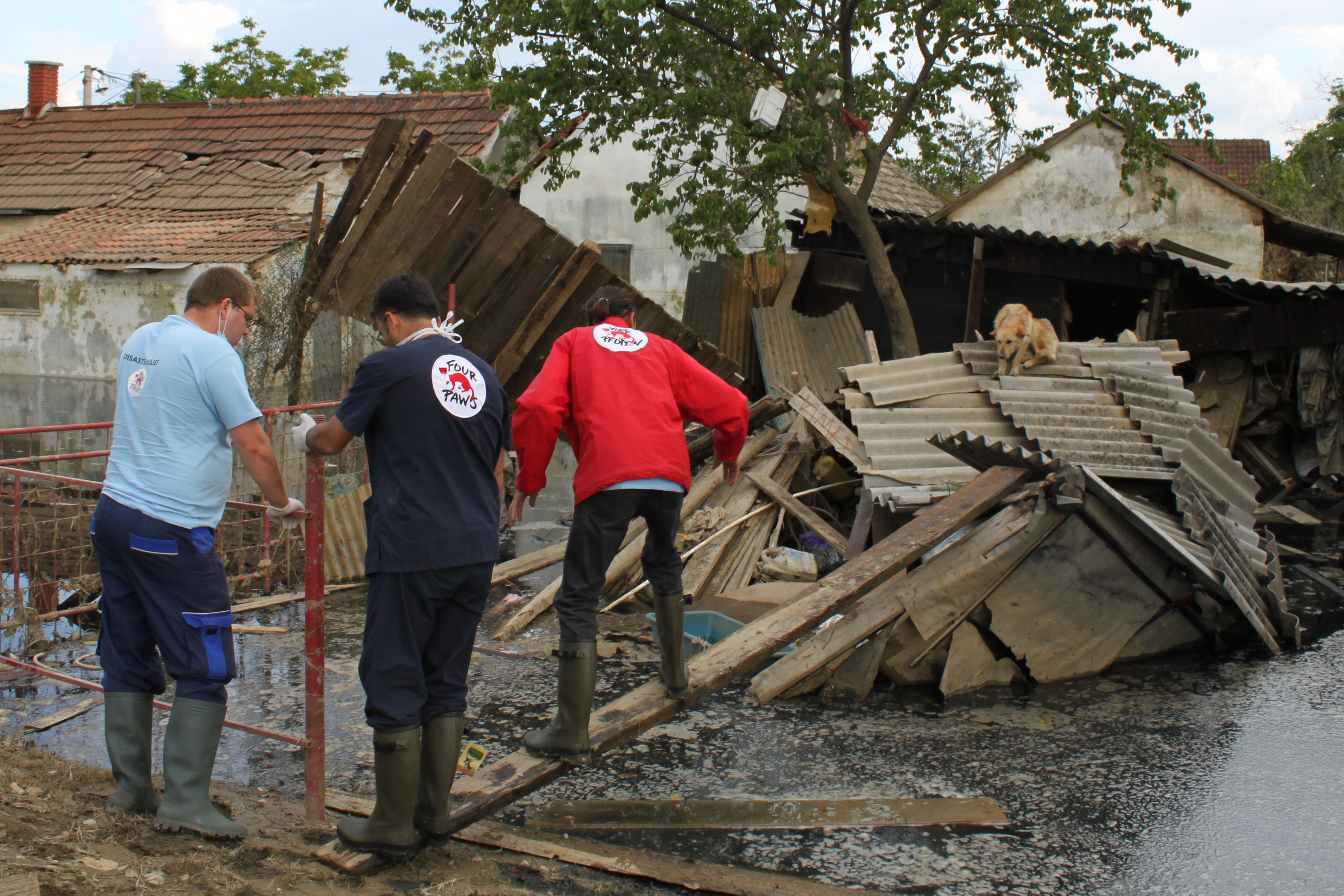Sociology of disaster on:
[Wikipedia]
[Google]
[Amazon]
 Sociology of disaster or sociological disaster research is a sub-field of
Sociology of disaster or sociological disaster research is a sub-field of
Connecting urban and environmental catastrophe: linking natural disaster, the built environment, and capitalism
" ''Environmental Sociology'', 2 (4), 365–374. *Fothergill, A., & Peek, L. A. (2004)
Poverty and disasters in the United States: A review of recent sociological findings
''Natural hazards'', ''32''(1), 89-110. * *Tierney, K. J. (2007)
From the margins to the mainstream? Disaster research at the crossroads
''Annu. Rev. Sociol.'', ''33'', 503–525. {{Disasters
 Sociology of disaster or sociological disaster research is a sub-field of
Sociology of disaster or sociological disaster research is a sub-field of sociology
Sociology is a social science that focuses on society, human social behavior, patterns of social relationships, social interaction, and aspects of culture associated with everyday life. It uses various methods of empirical investigation an ...
that explores the social relations amongst both natural and human-made disasters. Its scope includes local, national, and global disaster
A disaster is a serious problem occurring over a short or long period of time that causes widespread human, material, economic or environmental loss which exceeds the ability of the affected community or society to cope using its own resources ...
s - highlighting these as distinct events that are connected by people through created displacement, trauma, and loss. These connections, whether that is as a survivor, working in disaster management, or as a perpetrator role, is non-discrete and a complex experience that is sought to be understood through this sub-field. Interdisciplinary in nature, the field is closely linked with environmental sociology
Environmental sociology is the study of interactions between societies and their natural environment. The field emphasizes the social factors that influence environmental resource management and cause environmental issues, the processes by whic ...
and sociocultural anthropology.
Overview
Many studies in the field of sociology of disaster focus on the link between social solidarity and the vulnerabilities exposed by disasters. Scholarship in this field has observed how such events can produce both social solidarity and social conflict, and more importantly, expose inequalities inherent in the social order by exponentially exacerbating its effects. Studies investigating the emotional impact of disaster state that the emotional responses in these contexts are inherently adaptive. These emotions, when reflected on and processed, lead to post traumatic growth, resilience, increased altruism, and engagement with community. Early disaster research established the mainstream parameters of what it is to do such research - i.e. a focus on solidarity arising in the aftermath of disasters and that disasters are a consequence of human maladaptation to the hazardous environment.References
Further reading
*Lars Clausen
Lars Michael Clausen (8 April 1935, Berlin – 20 May 2010, Hamburg) was a German sociologist and professor at the University of Kiel.
Life and work
During World War II, the family lived on the Darß (in Pomerania). 1944 his father Jürgen Cla ...
: "Social Differentiation and the Long-Term Origin of Disasters", ''Natural Hazards'', 1992 (VI), No. 2, p. 181-190, ISSN 0921-030X
* Enrico Quarantelli (ed.): ''What Is A Disaster?'' London: Routledge 1998
*Fu, Albert S. (2016).Connecting urban and environmental catastrophe: linking natural disaster, the built environment, and capitalism
" ''Environmental Sociology'', 2 (4), 365–374. *Fothergill, A., & Peek, L. A. (2004)
Poverty and disasters in the United States: A review of recent sociological findings
''Natural hazards'', ''32''(1), 89-110. * *Tierney, K. J. (2007)
From the margins to the mainstream? Disaster research at the crossroads
''Annu. Rev. Sociol.'', ''33'', 503–525. {{Disasters
Disaster
A disaster is a serious problem occurring over a short or long period of time that causes widespread human, material, economic or environmental loss which exceeds the ability of the affected community or society to cope using its own resources ...